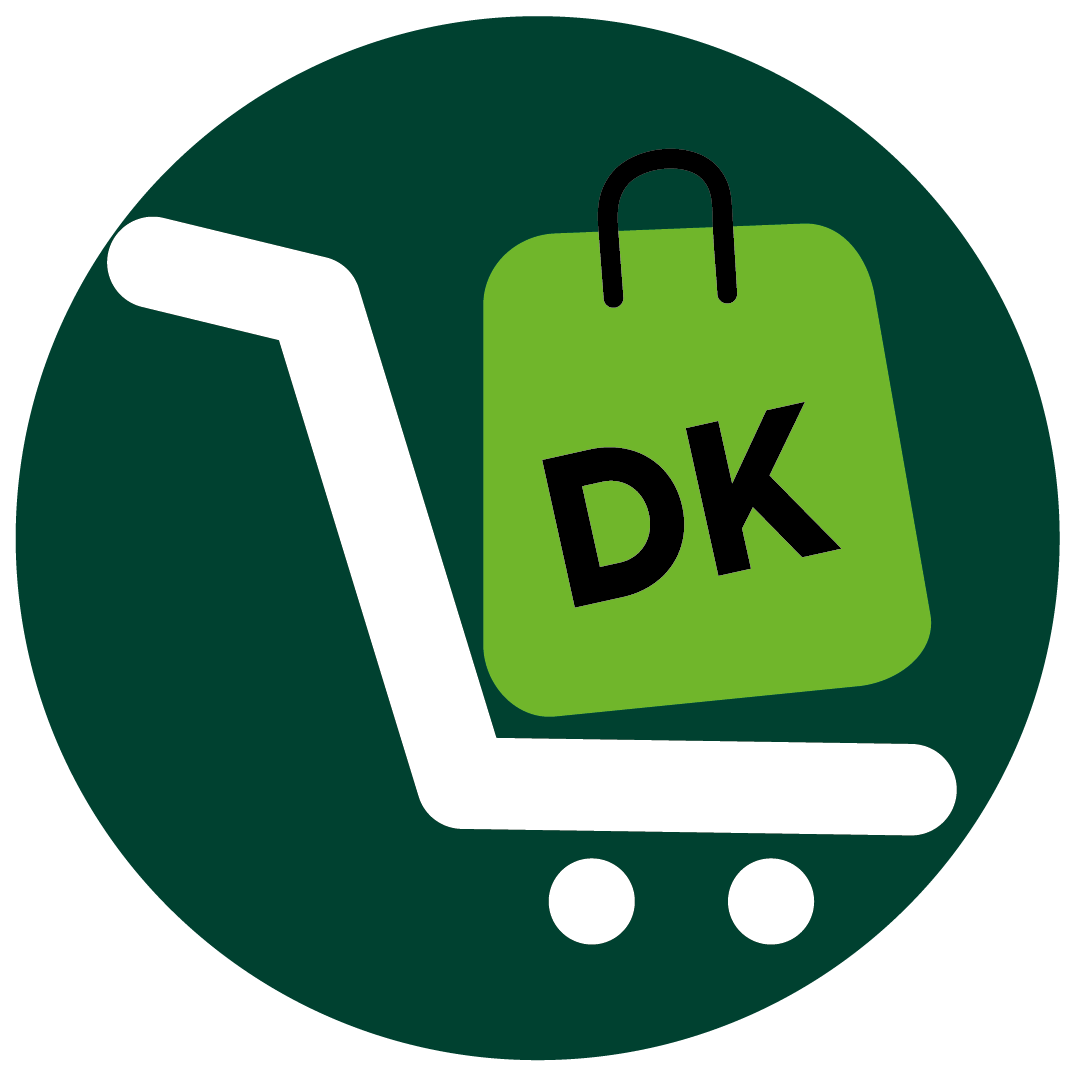Selling online tickets has become integral to event management, providing you with convenient and efficient ways to reach a broader audience.
While this is crucial, understanding the right way to go about the process makes it even better and easier. You must employ strategic planning and utilize user-friendly platforms.
You must tailor your ticketing page with videos, images, and text, leverage social media and email marketing, set up a secure payment gateway, and many more.
Don’t worry, this article covers all you need to know about how to sell online tickets the right way, and make profits.
To trade online tickets:
1. Choose a Platform
2. Create an Event
3. Set Ticket Prices and Types
4. Set Up Payment Method
5. Promote Your Event
6. Offer Incentives
7. Provide Information
8. Monitor Sales
9. Set Up Customer Support
Recap
Ready? Read on!
1. Choose a Platform
To sell online tickets and make profits, pick the right platform where you can operate, knowing this is key to selling online tickets.
When choosing a platform, consider the scalability of the platform, ensuring it can handle the expected volume of ticket sales.
Evaluate the platform’s user interface—it should be intuitive for your event organizers and attendees.
Check for integration capabilities with other tools and platforms, such as marketing and analytics, to streamline your workflow. Don’t forget to verify the platform’s pricing structure to know if you can afford it, or if it aligns with your budget and offers value for the services provided.
Consider sites such as Ticketmaster, StubHub, SeatGeek, and Brown Paper Tickets, to pick the one that is the most suitable for you.
>>>MORE – How To Sell On Walmart Marketplace
2. Create an Event
To sell online tickets, create an event.
Start by defining your event’s purpose, target audience, and goals.
If you want to get the most from selling your ticket, choose a suitable date and location and consider logistical aspects and accessibility.
As you define your target audience, craft a compelling event concept that resonates with them, and emphasize the unique features or experiences they stand to benefit from.
Technology has made things easier for event planning, use it to pick an efficient online ticketing platform.
As you prepare, don’t forget to develop a detailed budget, covering expenses such as venue rental, catering, and marketing.
3. Set Ticket Prices and Types
To sell online tickets, set the most appropriate prices and types so you can attract buyers and make more sales.
When setting ticket prices, you must be careful to balance between covering costs and offering value to attendees. You must factor in venue expenses, production costs, and expected attendance.
Use a tiered pricing method to cater to various budgets, offering options like general admission, VIP, and early-bird discounts.
For instance, you can offer a basic ticket at $25, a VIP package with exclusive perks at $50, and an early-bird rate of $20 for initial buyers.
Analyze similar events in your industry to gauge market expectations.
Don’t just relax after setting your prices…assess ticket sales data and adjust pricing strategies accordingly.
4. Set Up Payment Method
To vend tickets online, set up a secure and efficient payment gateway so that customers can seamlessly make purchases.
Popular payment gateways include PayPal, Payoneer, and Square. By choosing any of these reputable payment providers, ensure that their policies and requirements align with your business needs.
Integrate the gateway with your ticketing platform using the provided APIs or plugins.
Before choosing a payment provider, check out the reviews—what others are saying about the company.
One quick expo: Test transactions thoroughly to identify and resolve any payment-related issues. You don’t want customers dropping complaints here and there about your services.
>>>PRO TIPS – How to Make Money on WooCommerce
5. Promote Your Event
To sell online tickets and make lots of profits, get the word out so more people can buy.
The good thing about promotion is that you have different options or routes to blowing your trumpet. The available options include mass media, print media, referrals, or social media.
Speaking of social media promotion, keep in mind that over 5 billion people use social media daily. If you want to increase sales and profit, you must take your sales to where customers are. In a nutshell, leverage social media and its capabilities.
When promoting on social media, post short videos, highlighting the event, and include your ticket link in bio and posts.
Partner with sponsors and partners who are part of the events, telling them to promote the event on their pages.
If you can create ticket giveaways, that would be great, too.
6. Offer Incentives
To sell online tickets, boost sales, and make profits, ensure you make provisions for incentives.
For instance, provide a 20% discount for the first 100 tickets sold. If you want to lure customers into making purchases from you, offer bundle deals, and combined event tickets with merchandise.
Also, make available VIP packages with exclusive perks, such as backstage access or premium seating, to appeal to a segment willing to pay extra for a unique experience.
Watch your most loyal customers, especially those who actively participate in your referral program, and reward them with discounts or exclusive access.
Keep in mind that these incentives are like catalysts, stimulating ticket sales and enhancing engagement, and the overall success of the event.
7. Provide Information
To vend online tickets, effectively communicate details about the event so you can attract and engage attendees.
Assign a separate page on your website with clear details such as the date, time, venue, and a brief description of the event’s purpose and highlights.
Design flyers, stickers, and banners that convey the details of the program so you can share them across all platforms you’re on.
Provide a frequently asked questions (FAQ) section to address common queries. In your FAQs, make sure you ask and answer KEY questions that relate to and address the core aspects of the event and ticket you’re selling.
Keep posting updates on all your channels of communication—from time to time—to keep attendees informed about any changes or additions you may include in the event.
One last thing…make available a Chatbot for customer interaction and clearly outline ticket prices, types, and any applicable discounts.
>>>GET SMARTER – Deliverr vs FedEx Fulfillment
8. Monitor Sales
To vend your event’s tickets online, track ticket sales so you can gauge your success so far, and make the necessary adjustments to your strategies accordingly.
Depending on the ticketing platform you’re using to sell your tickets, utilize the analytics tools provided and monitor sales in real time. Most ticketing platforms offer analytics tools and features. Use them!
With these analytics tools, you can analyze data on ticket types, quantity sold, and revenue generated, and watch the market trends and patterns to inform marketing efforts and pricing adjustments.
Another way you can gather valuable insights and monitor sales is by leveraging customer feedback and surveys to understand their preferences.
Use visual representations of sales data such as dashboards and reports to gather quick insights. And, don’t stop tracking your progress so you can keep optimizing marketing efforts, and ensure a successful outcome.
9. Set Up Customer Support
To trade your tickets on the internet, create a customer support system where customers can communicate their needs and concerns with you. You can also gather useful insights from constructive criticisms.
Start by providing clear contact information on your event website and ticketing platform, including email addresses and phone numbers.
Establish a customer support team, and train them to be knowledgeable about the event details, ticketing process, and common queries. Also, inform your team to set up realistic response time expectations and ensure timely resolutions to issues.
As you set up your customer support team, create multiple channels of communication and support, such as email, phone, social media, and Chabot to accommodate various customer preferences.
Keep yourself informed about the latest customer support methods so you can make the most of your sales.
Recap
Selling your event’s tickets online calls for meticulous planning. Choose a platform for your ticket transactions and create an event for the sales.
Set competitive ticket prices and types and include payment gateways so your customers can make their purchases.
Get the word out about your ticket, offer incentives, and make sure there is enough information for your prospective buyers.
Track how far your sales are going and set up a customer support system for seamless communication and feedback.














